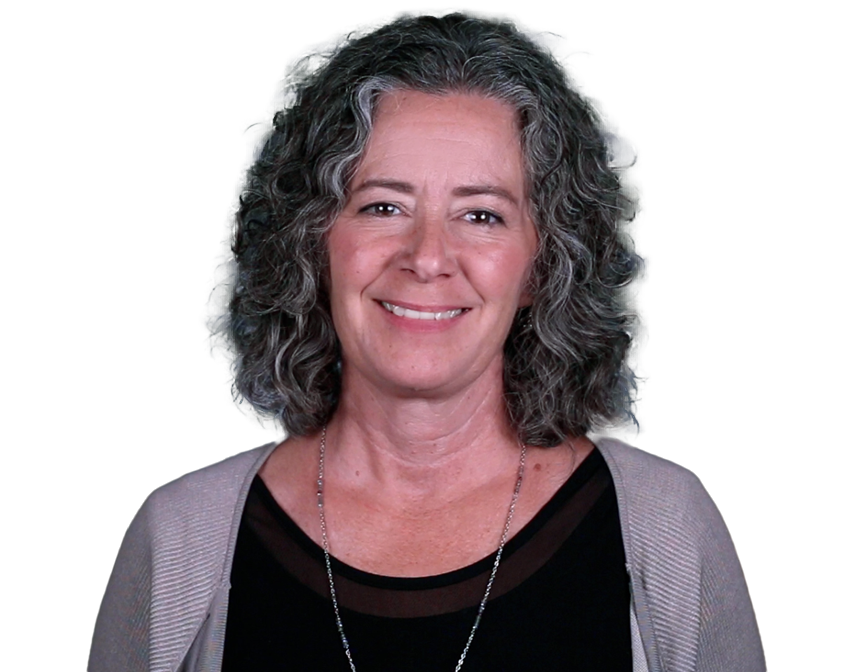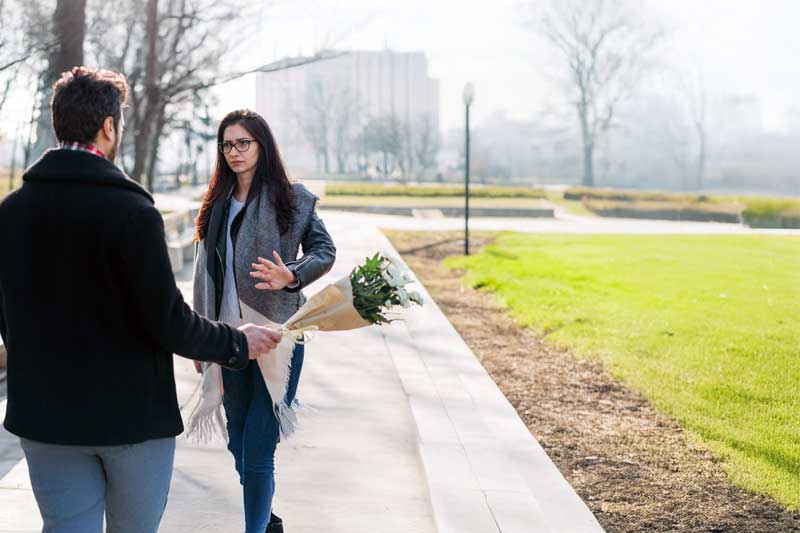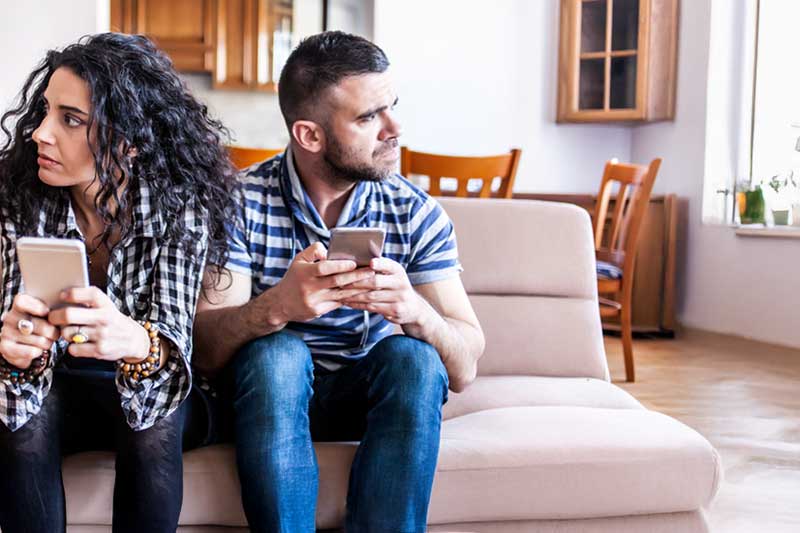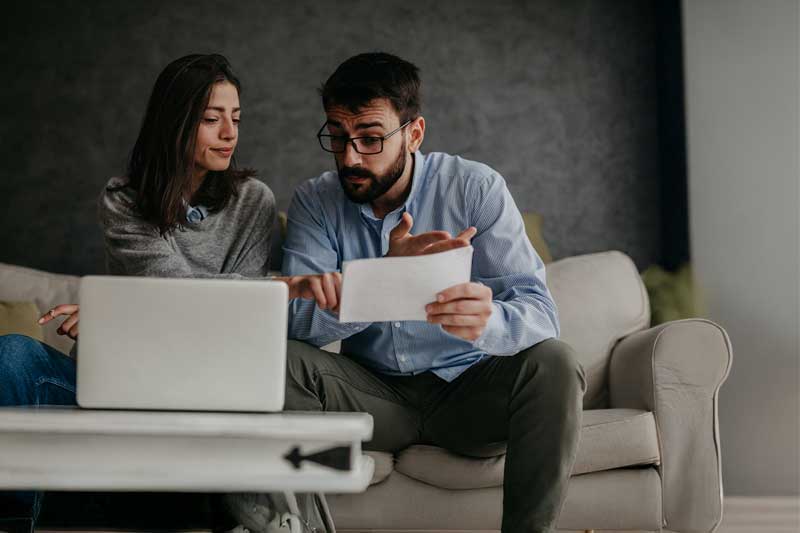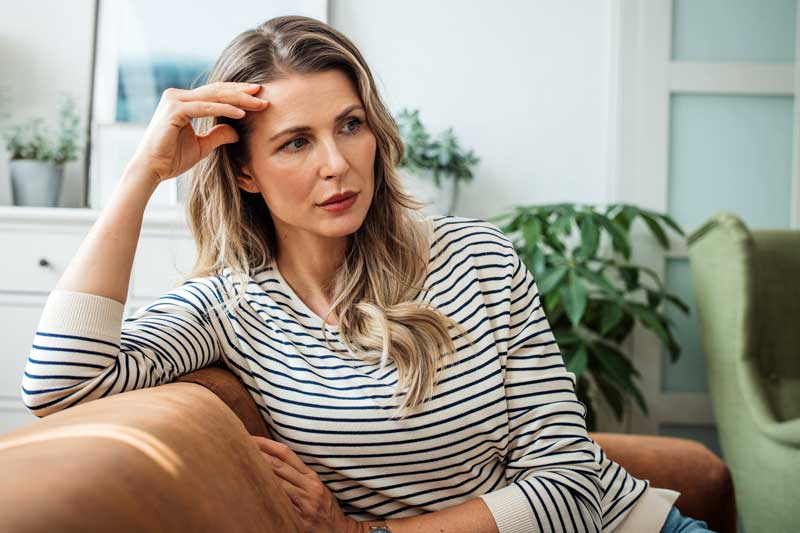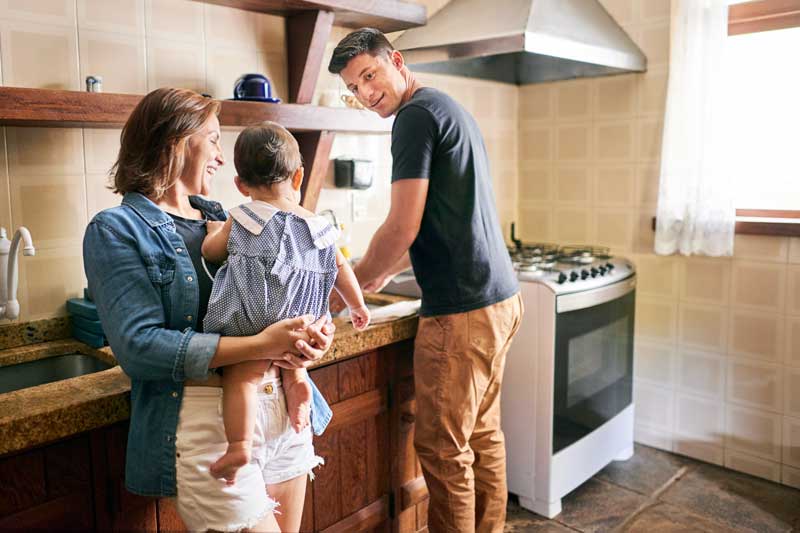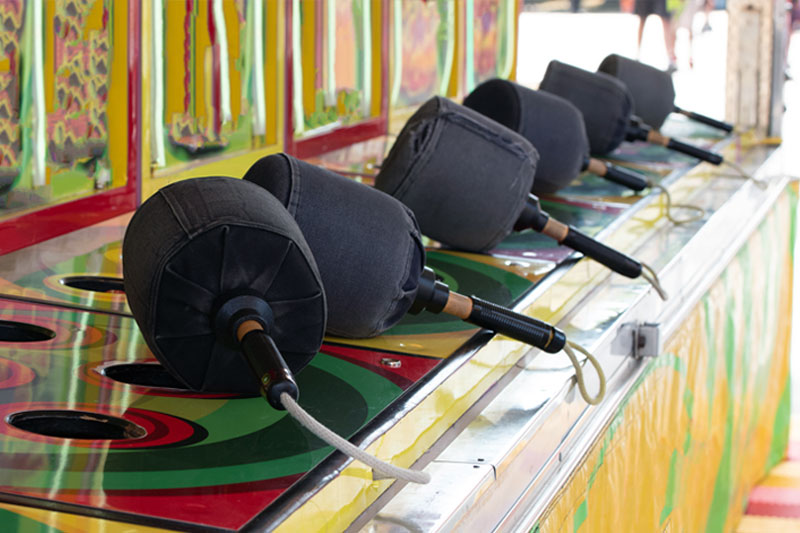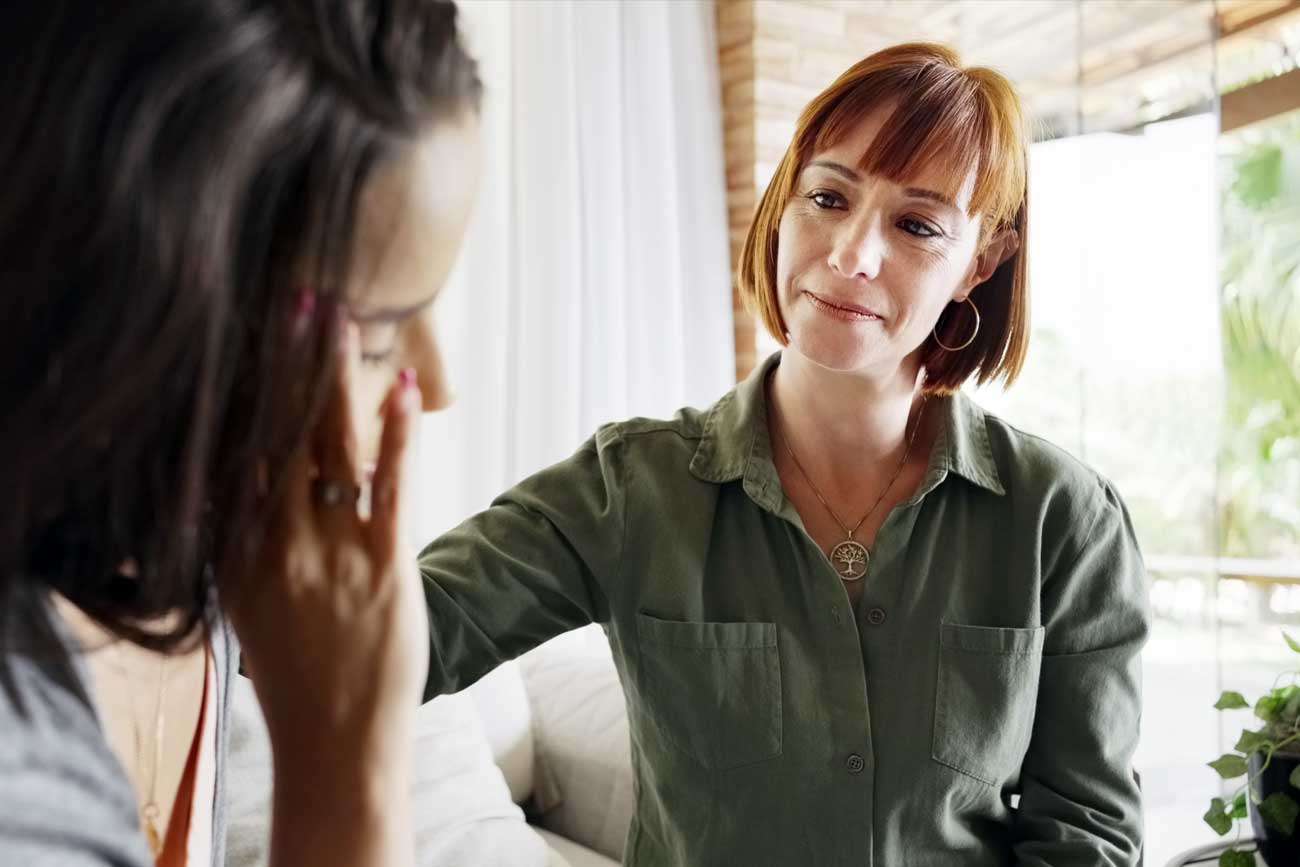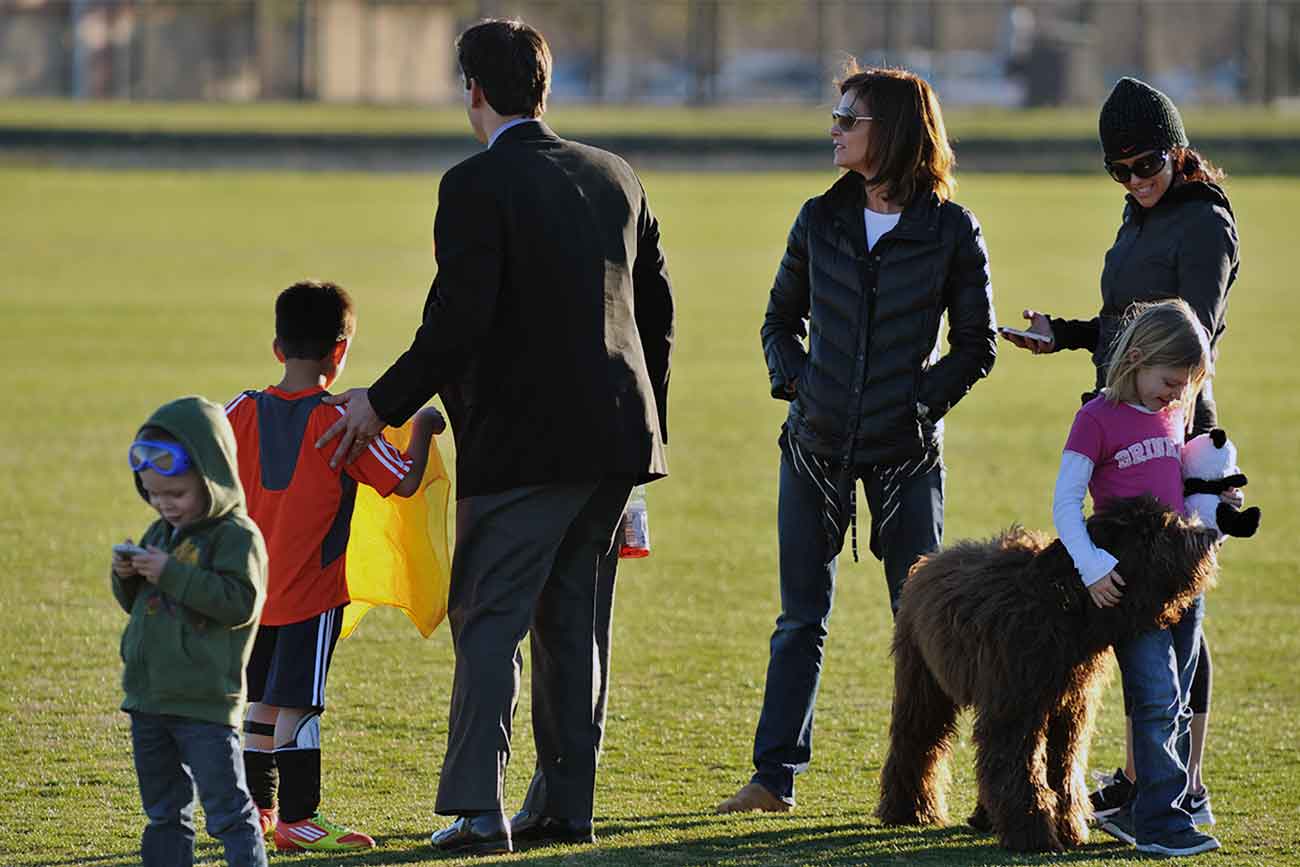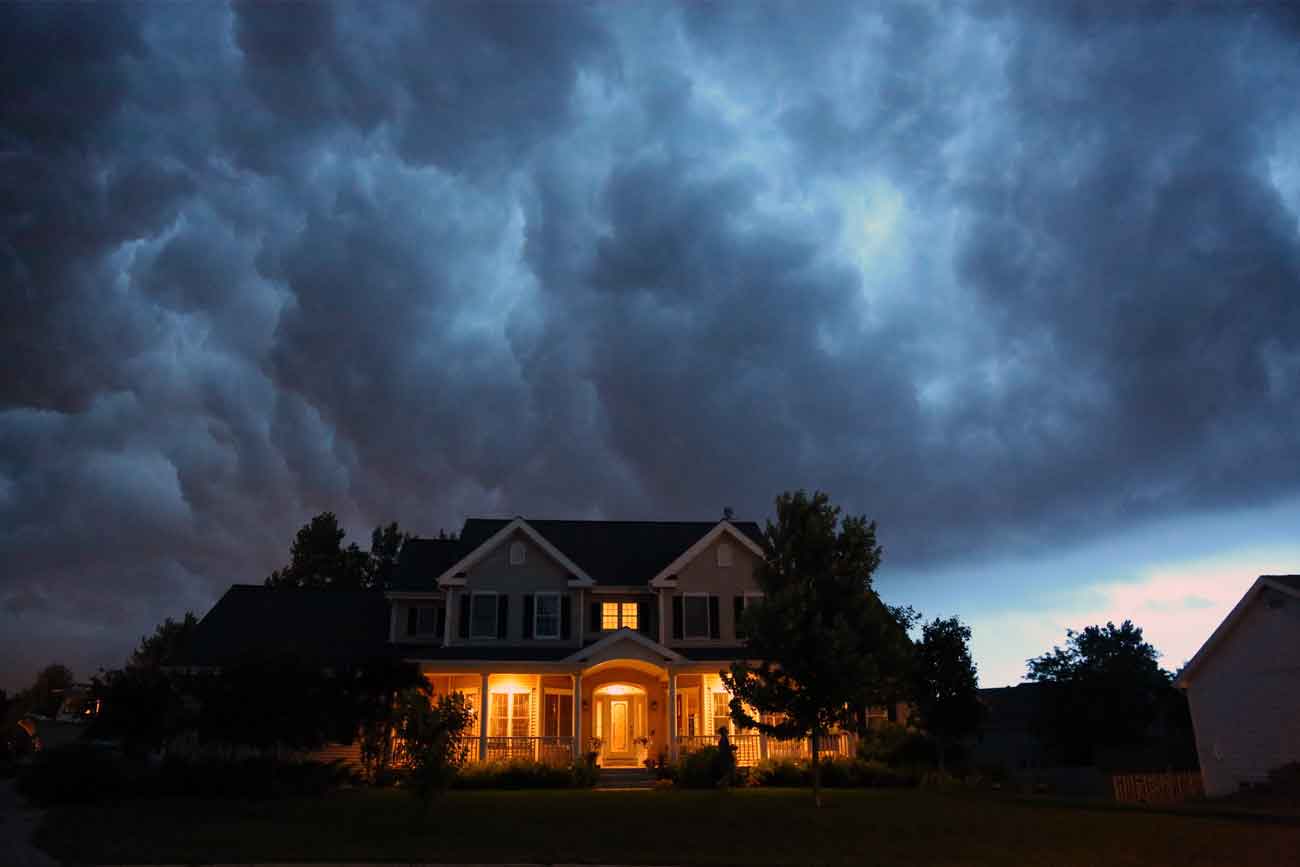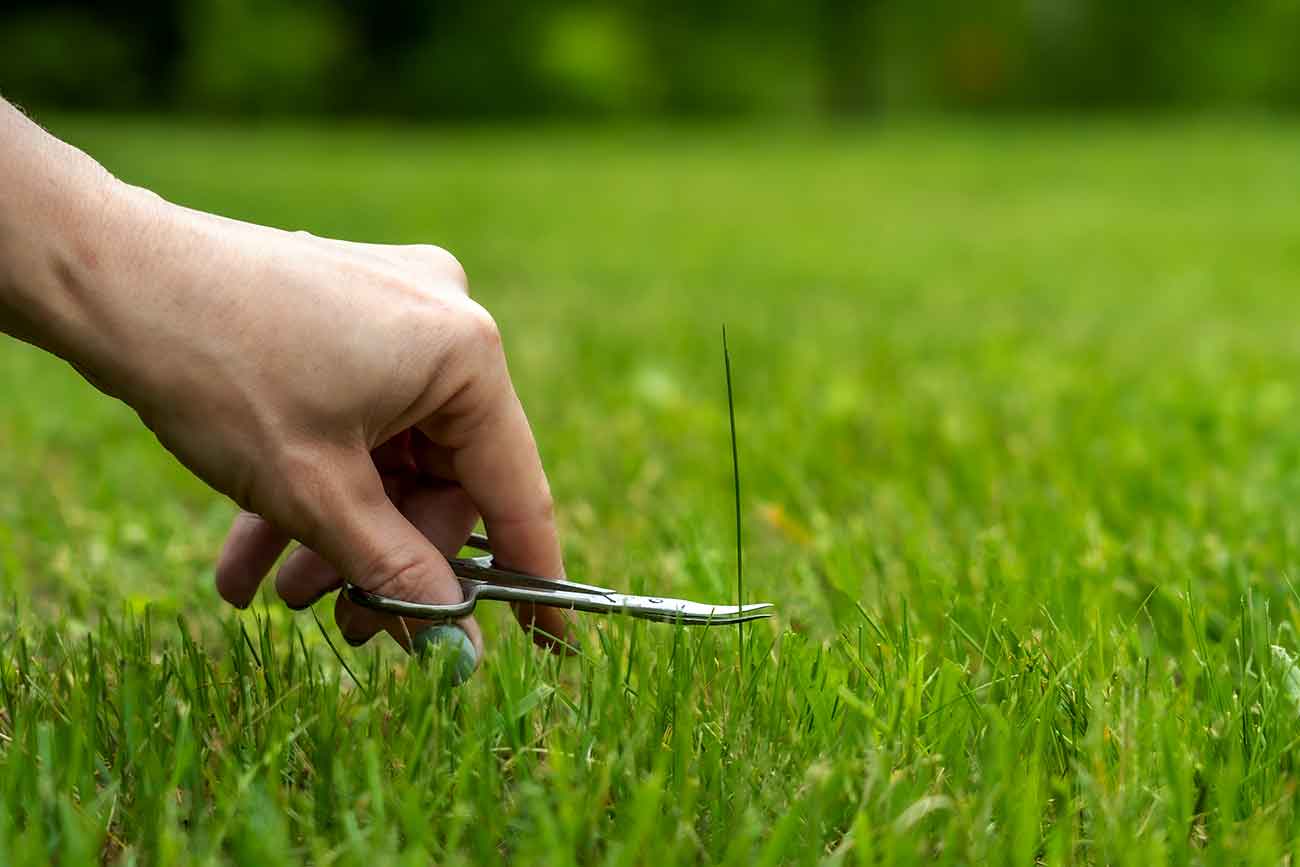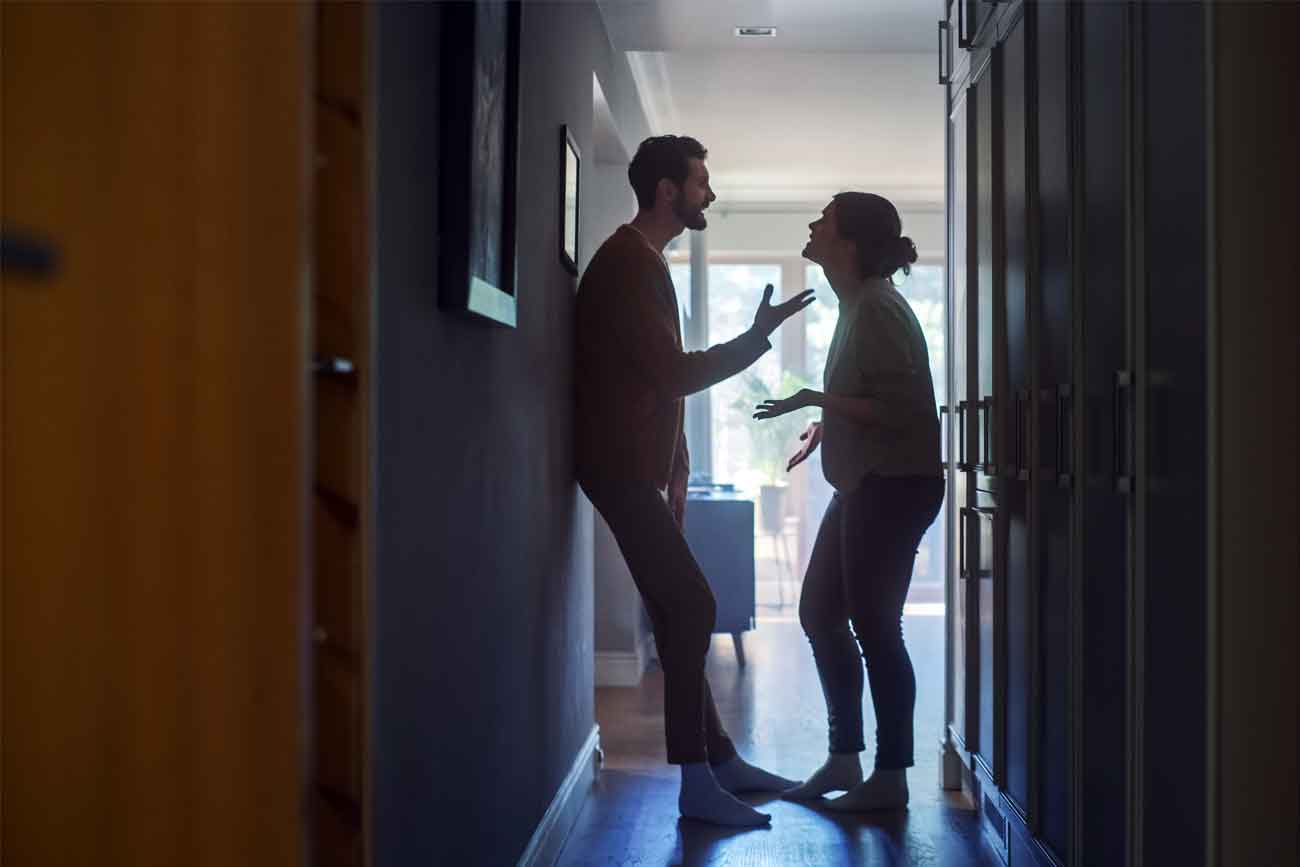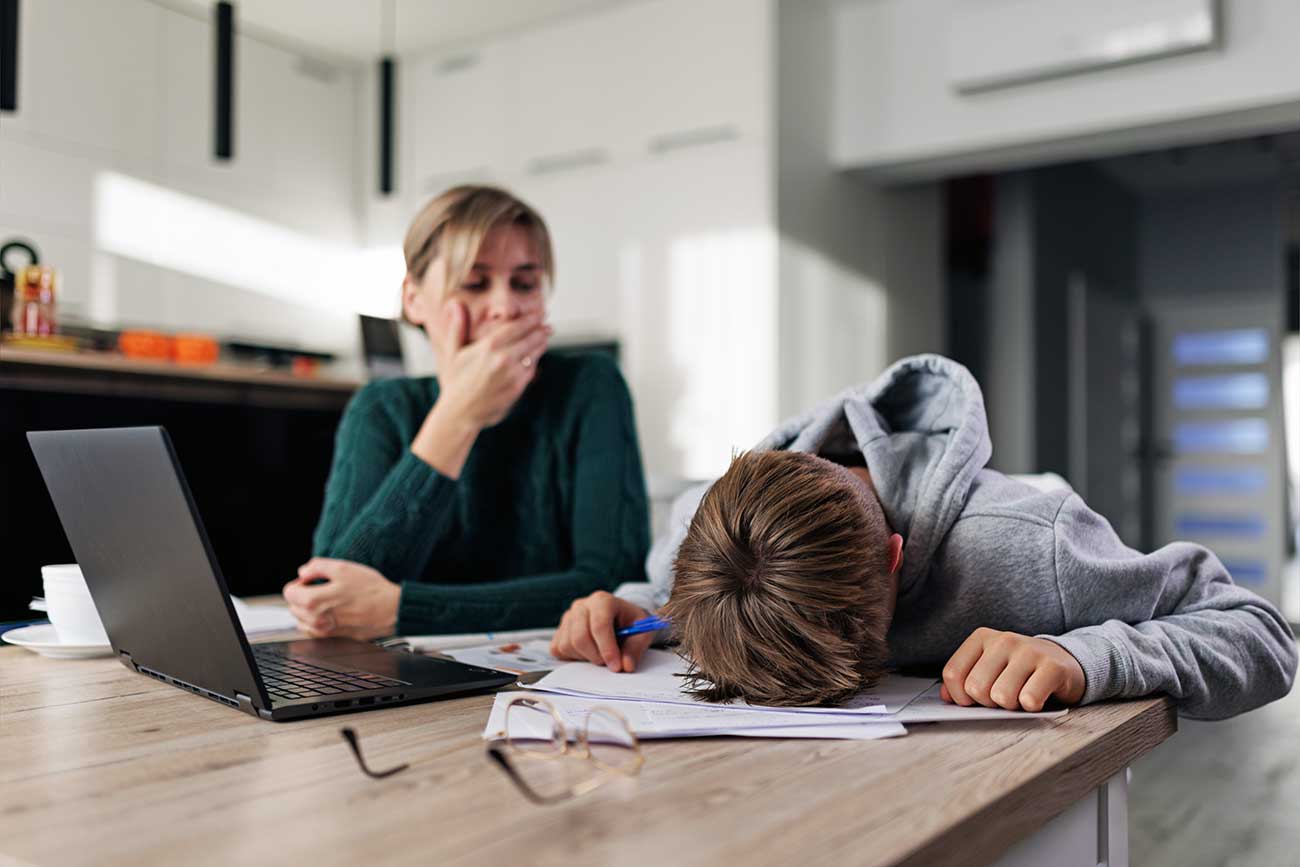Closing Emotional Distance – 1-minute video — with Mary Beth Luedtke
Are you feeling disconnected from your partner without understanding how it happened? Mary Beth Luedtke, a therapist at BEing There Counseling, can help you build the emotional skills you need to strengthen and maintain a healthy relationship.
What is Emotional Distance?
Emotional distance in relationships often refers to a lack of connection and intimacy between two partners. It can manifest in many ways, such as a lack of communication, shared experiences, support, or physical touch.
Emotional distance can result from various factors, such as past traumas, imprinting, unresolved issues, or simply growing apart over time. In some cases, emotional distance can be a reactive choice made by one or both partners out of fear of vulnerability and intended to protect themselves from anticipated emotional pain. For example, someone who has been hurt in the past may find it difficult to open up and trust their partner fully. In such cases, emotional distance can be an unconscious response intended to avoid feeling hurt or abandoned. When emotional distance becomes a long-term pattern, it can have harmful consequences for the relationship.
Lack of emotional connection can lead to feelings of loneliness, resentment, and frustration. It can also result in a breakdown of trust and intimacy.
How Do We Close The Gap?
To address emotional distance in a relationship, it’s crucial to identify the underlying causes and for each partner to take responsibility for their part in the dynamic.
A skilled therapist can help partners identify their underlying issues, navigate the pitfalls and dynamics surrounding the conflicts that invite distance, and learn the skills to engage with their partner in a healthy way—one where closeness and connection are integral components of the relationship.
Emotional distance in relationships can be a complex issue that requires understanding, effort, and emotional skill to overcome. However, it’s important to remember that with commitment and support from both partners, there is a real potential for growth and improvement.
By recognizing the signs of emotional distance early and working with a therapist to learn the emotional skills you need to address it, you can prevent it from becoming a long-term pattern.
We would be delighted to guide you to a healthy and fulfilling relationship based on trust, intimacy, and connection.
Learn More About Mary Beth
Mary Beth’s approach to therapy is grounded in lived experience, not just theory. Her insights—shaped by real-world challenges like building a career, marriage, and parenting—help clients create meaningful, lasting change.

